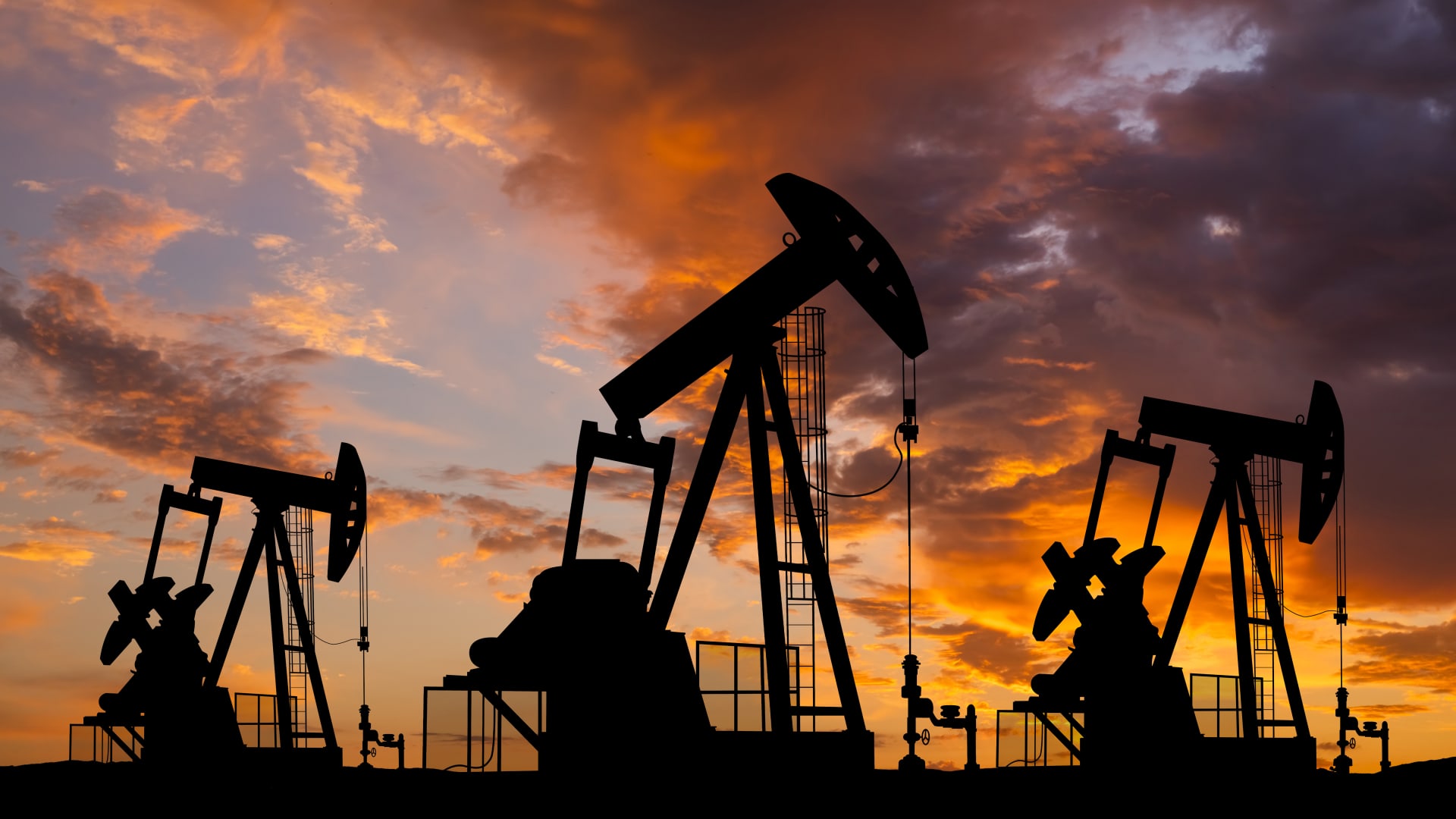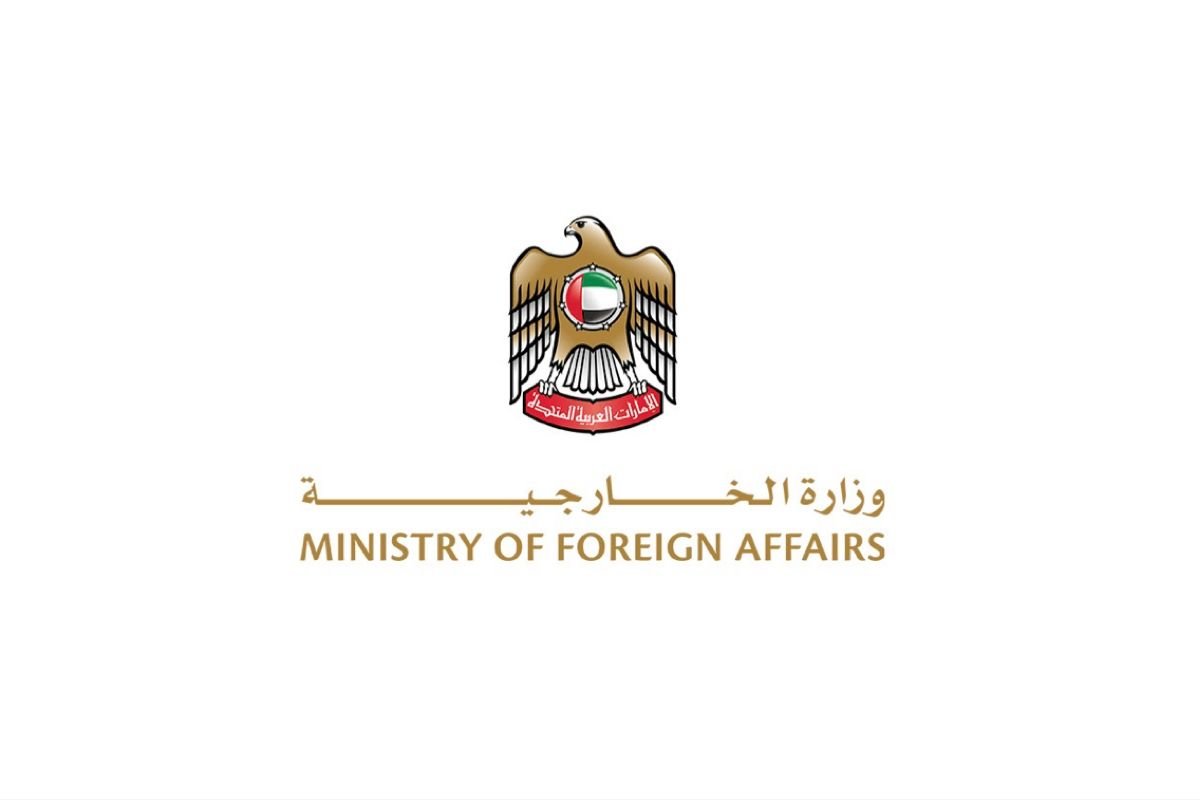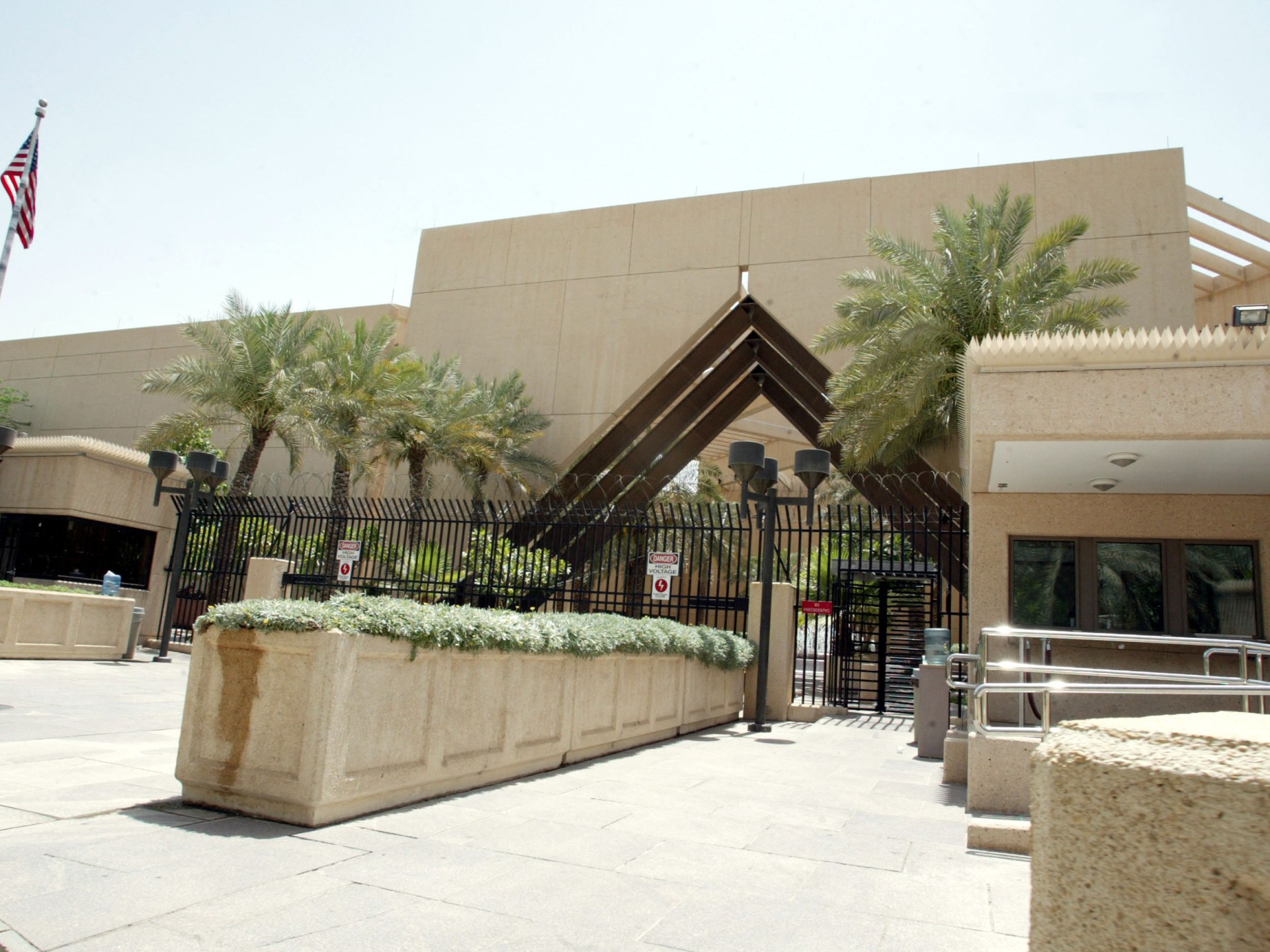You don’t have permission to access “http://www.wionews.com/sports/the-hundred-from-shaheen-to-usman-tariq-meet-pakistan-players-in-auction-amid-uncertainty-over-being-picked-by-ipl-linked-teams-1772508406449” on this…
Author: admin
-
Access Denied
Access Denied
-
Gold Might Notch Record High on Iran Conflict – WSJ
- Gold Might Notch Record High on Iran Conflict WSJ
- Gold climbs as US-Israel strikes on Iran spark safe-haven demand Dawn
- Gold gains on fears of prolonged Middle East conflict Reuters
- XAU/USD: Gold Soars Above $5,400 as Iran Tensions Trigger Flight to Safe Havens TradingView
- Silver, gold prices surge amid geopolitical uncertainty after US-Israel attack on Iran The News International
Continue Reading
-
US Embassy in Riyadh Attacked as Iran Steps Up Saudi Strikes – Bloomberg
- US Embassy in Riyadh Attacked as Iran Steps Up Saudi Strikes Bloomberg
- Iran live news: Trump says new leadership hit as Israel targets Lebanon Al Jazeera
- Live – Trump says ‘too late’ for Iran talks as strikes hit clerical body picking next…
Continue Reading
-

Apple Unveils iPhone 17e, Thoughts on the iPhone 17e, Apple and Low-End Smartphones
Apple Unveils iPhone 17e
In the years leading up to the iPhone 16e launch in 2025, older iPhones that Apple had kept in the lineup at lower prices were grabbing a declining percentage of the iPhone sales max. One factor behind that trend was…
Continue Reading
-

How to get the good ending – Resident Evil Requiem
The decision you make at the computer will dictate whether you get the good ending or not.
Resident Evil games tend to have a good ending and a bad one, and…
Continue Reading
-

Oil rises as expanding U.S.-Israeli conflict with Iran elevates supply risks
Oil rose on Tuesday as the widening regional conflict and threats to shipping through the Strait of Hormuz raised fears of supply disruptions from the region.
Anton Petrus | Moment | Getty Images
Oil prices rose for a third day on Tuesday as the widening U.S.-Israeli conflict with Iran and threats to shipping through the Strait of Hormuz heightened fears of supply disruptions from the key Middle East producing region.
Brent crude futures were at $78.83 a barrel, up $1.10, or 1.4%, by 0107 GMT. On Monday, the contract surged to as high as $82.37, its highest since January 2025, though it pared those gains to settle 6.7% higher.
U.S. West Texas Intermediate crude jumped 74 cents, or 1%, to $71.97 a barrel. In the previous session, the contract initially climbed to its highest since June 2025 before sliding back to still settle up 6.3%.
“With no quick de-escalation in sight, the Strait of Hormuz effectively closed and Iran showing a willingness to target energy infrastructure in the region, upside risks remain and they grow the longer the conflict drags on,” Tony Sycamore, IG market analyst, said in a note.
The U.S. and Israeli air war against Iran widened on Monday with Israel attacking Lebanon and Iran responding with strikes against energy infrastructure in Gulf countries and against tankers in the Strait of Hormuz.
On a typical day, ships carrying crude oil equal to about one-fifth of global demand sail through the Strait of Hormuz along with tankers hauling diesel, gasoline and other fuels to major Asian markets including China and India. The waterway is also the conduit for about 20% of the world’s liquefied natural gas.
Tankers and container ships are avoiding the waterway as insurers have cancelled their coverage for vessels.
The concerns about transiting the waterway are increasing as Iranian media reported on Monday an Iranian Revolutionary Guards senior official saying the Strait of Hormuz is closed and Iran will fire on any ship trying to pass.
Earlier on Monday, the Revolutionary Guards said a fuel tanker, identified as the Honduran-flagged Athe Nova, was burning in the Strait after being hit by two drones, Iranian news agencies reported.
Analysts expect oil prices to remain elevated over the coming days while markets focus on the impact of escalating Middle East conflict.
Bernstein on Monday raised its 2026 Brent oil price assumption from $65 to $80 a barrel, but sees prices reaching $120-$150 in an extreme case of prolonged conflict.
Refined product futures are also gaining as the Middle East is a key supplier of fuels and their processing facilities are at risk. On Monday, Saudi Arabia shut its biggest domestic oil refinery after a drone strike.
U.S. ultra-low-sulfur diesel futures HOc1 were up 3.1% at $2.991 after reaching a two-year high on Monday, while gasoline futures RBc1 were up 1.1% after climbing 3.7% in the previous session.
European gasoil futures LGOH6 gained 2.7% to $909.50 a metric ton, after climbing 18% on Monday.
Continue Reading
-

Statement by the UAE Ministry of Foreign Affairs in Response to Inaccurate Reporting by Bloomberg
Tue 03/3/2026Minister News
Abdullah bin Zayed meets France’s FM in Paris
H.H. Sheikh Abdullah bin Zayed Al Nahyan, Deputy Prime Minister and Minister of Foreign…
Continue Reading
-

You know you’re alive with Simon Burke in full flight on stage in The Elocution of Benjamin Franklin
Premiering at Sydney’s Nimrod Theatre in 1976, steve j. spears’ The Elocution of Benjamin Franklin was met with critical acclaim, touring internationally, including Off Broadway where it won three Obie Awards.
Returning 50 years on for…
Continue Reading
-

US Embassy in Saudi capital Riyadh hit by drones, fire reported: Ministry | Military News
Saudi Defence Ministry says fire broke out at the embassy, but the diplomatic compound sustained only ‘minor’ damage.
Published On 3 Mar 2026
Continue Reading
-

The Black Beauty Club Honored Its Vanguard 50 With An Awards Dinner at WSA
For Tomi Talabi, vanguard is direction. It’s a phrase she landed on when thinking about how to celebrate the people defining the next frontiers of beauty. Since 2020, Talabi has championed how Black beauty shapes the industry through her…
Continue Reading